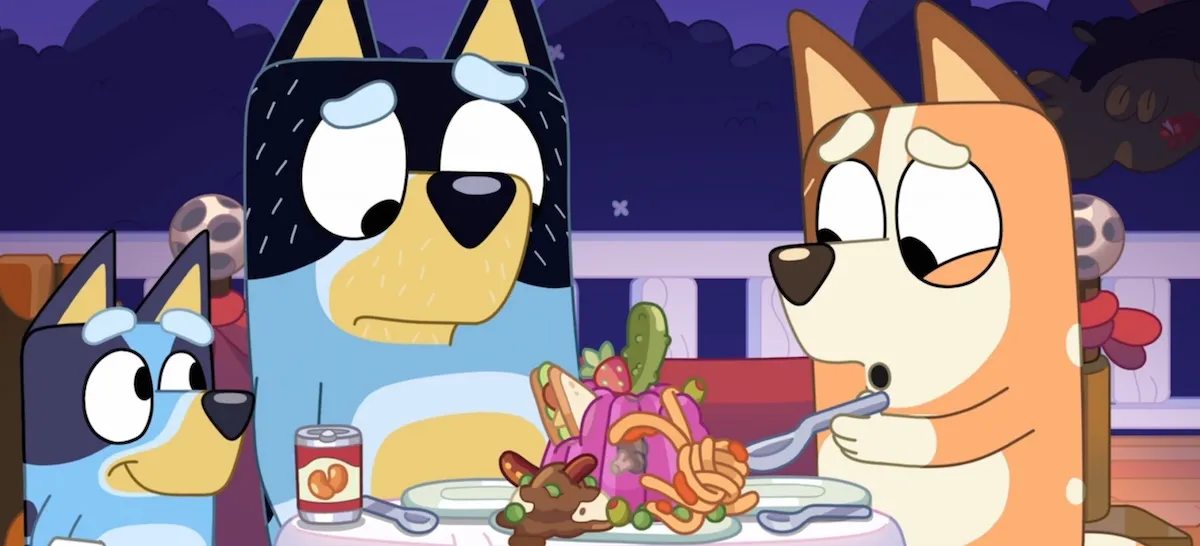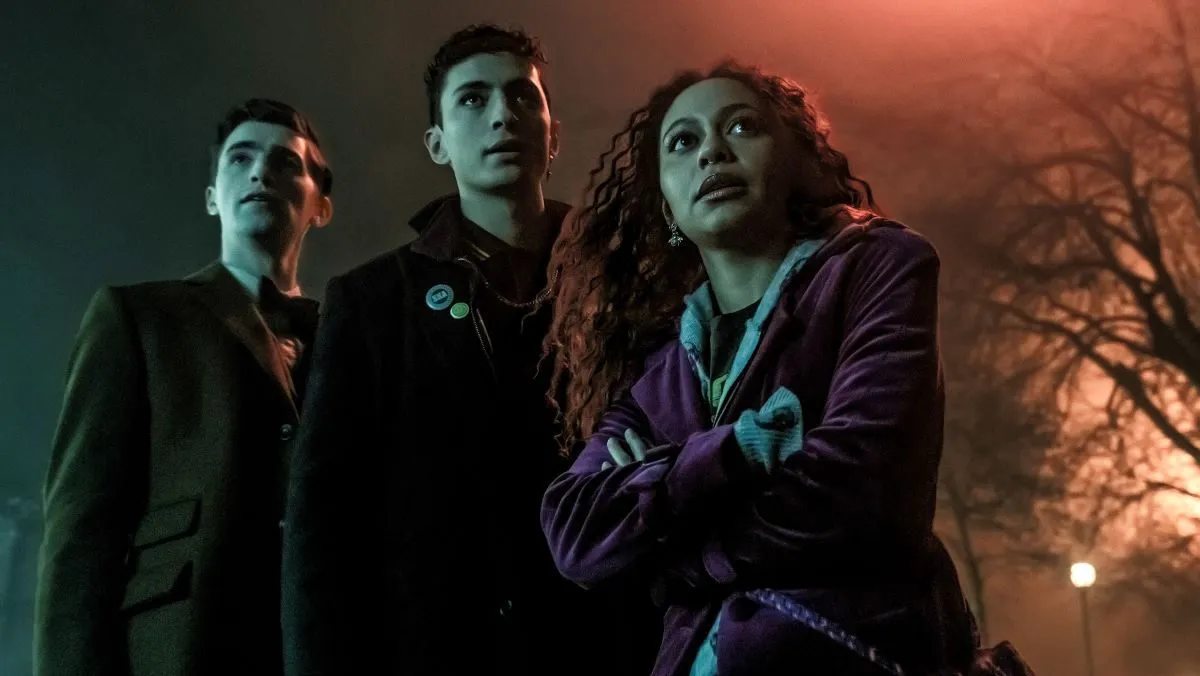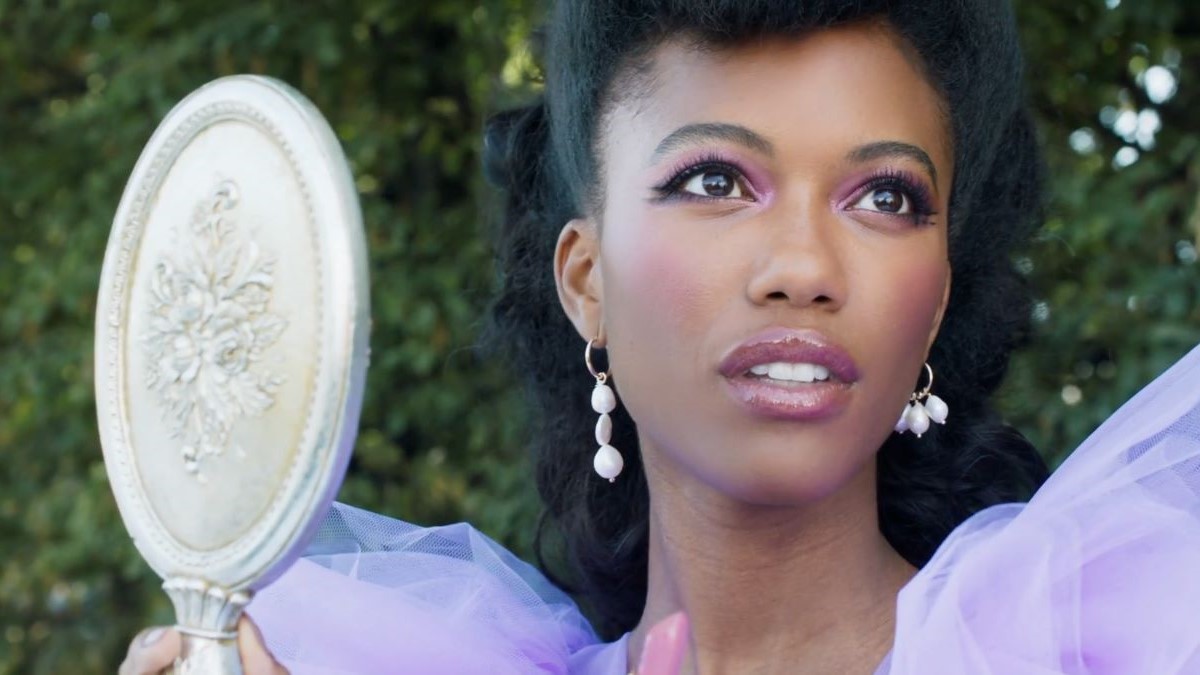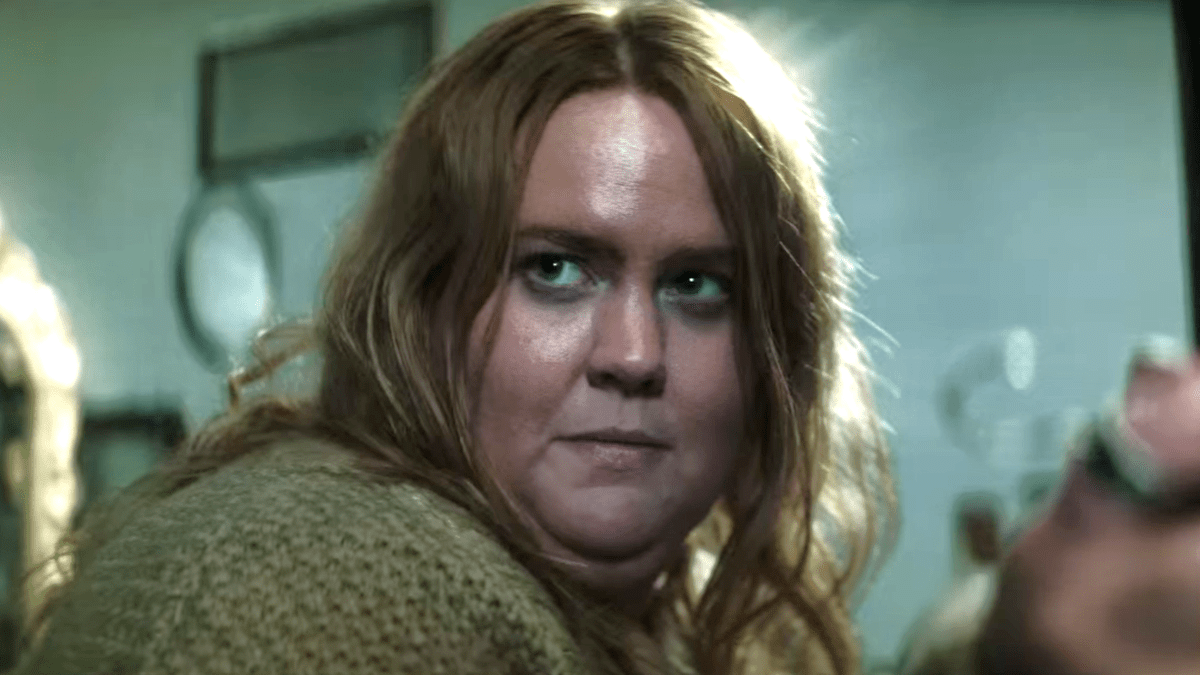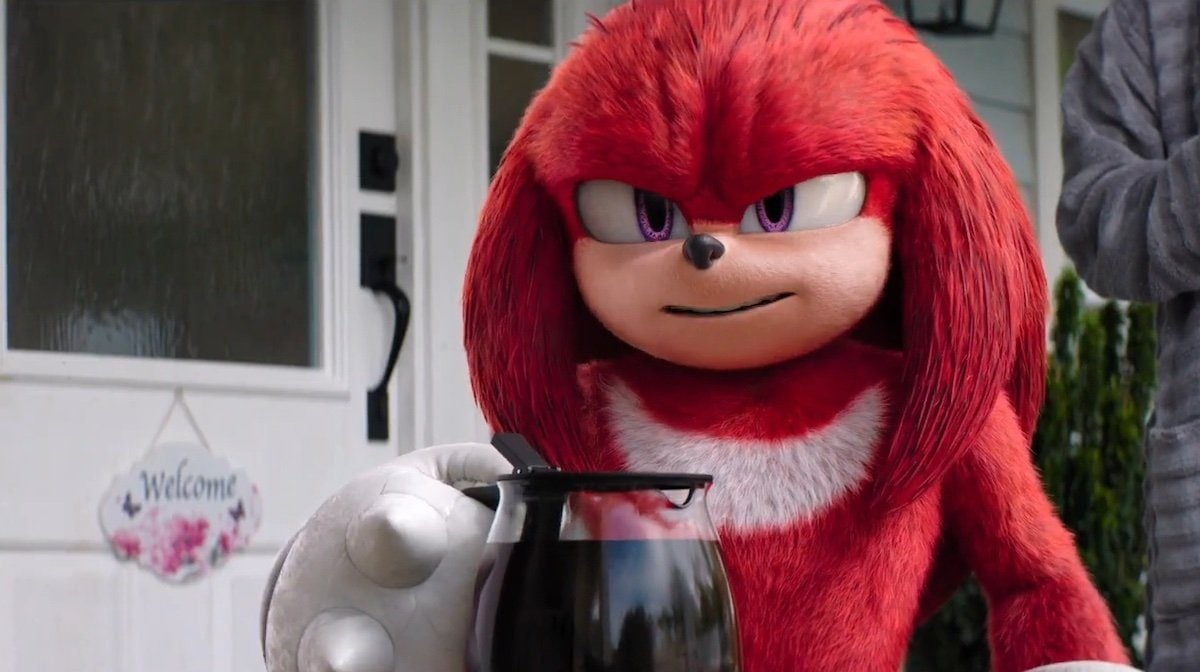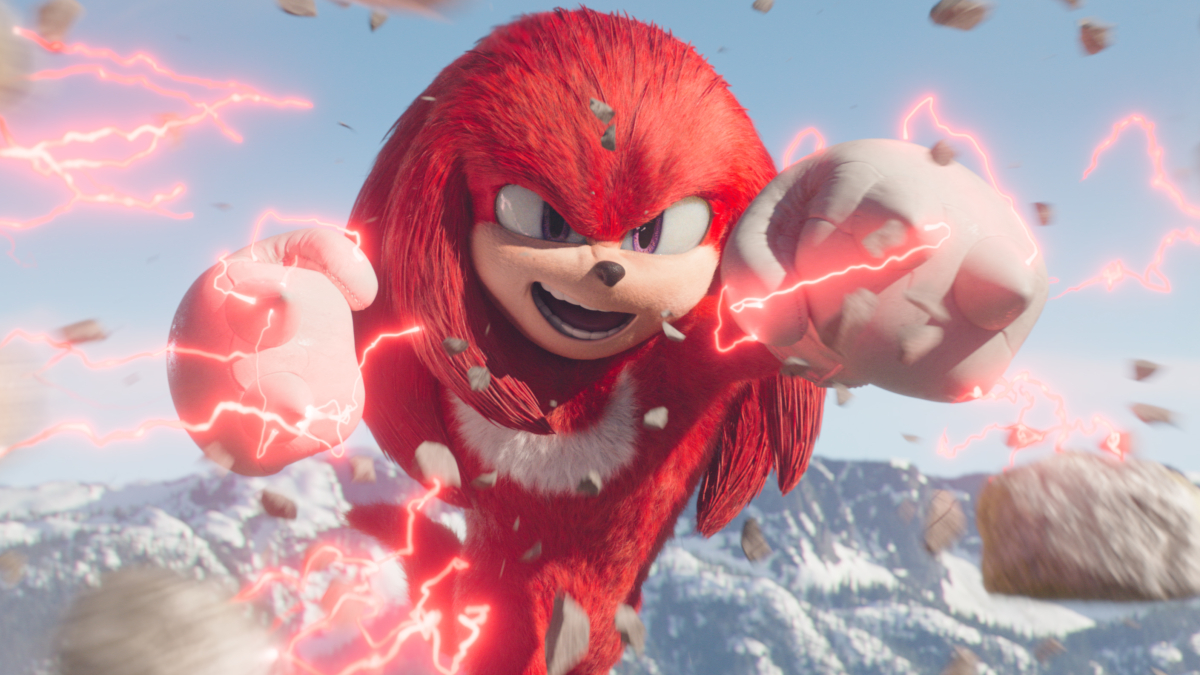As I wrote a few weeks ago, the Disney+ show Bluey, about an imaginative young blue heeler and her family, is a lot of fun. It’s clever, funny, and enjoyable whether or not you have kids! I’m always down for an episode or two.
However, viewers have noticed something about Bluey’s parents, Bandit and Chilli. They’re loving, doting, and playful, and every episode highlights their empathy and parenting skills. They always figure out how to engage with their kids through immersive games of pretend. In short, they’re great parents.
A little too great, honestly—especially when real parents start to compare themselves to the Heelers. Kathryn Van Arendonk of Vulture says the show “creates envy and longing and a touch of shame. It often leaves me feeling as though I come up short.” Good Housekeeping claims it “makes parents feel like crap.”
In some episodes, like “Taxi,” Bandit and Chilli represent a kind of unattainable ideal. When my husband and I are stuck at home on a rainy day with our kids, we usually spend it huddled in the corner of our bedroom with our phones, blocking out the screaming fights erupting over plastic toys in the other room. When Bandit and Chilli are in the same position, they throw themselves into a rousing game of taxi driver. Does dinner need to be cooked? Do chores need to be done? It’s unclear. They’re all just playing taxi.
Other episodes seem to have a tinge of moralizing to them. In “Whale Watching,” Bandit and Chilli are hungover after a New Years party, and they’re both dismayed when the kids expect them to play whale watching with them. Bandit has to be the boat and Chilli has to be the whale, and the boat has to encounter rough seas, and the whale has to jump out of the water, and Bandit and Chilli don’t get any say in the matter even though it’s their household and they supposedly make the rules. But when Chilli turns on the TV and sees a whale mom caring for her calf, she succumbs to guilt and rises to the occasion. She’ll do anything for her kids.
The episode that broke me, though, was “Fancy Restaurant.” In this one, Bluey and her sister Bingo pretend they run a restaurant, and serve their parents a stomach-turning concoction made from random foods stuck into a big jello mold. You can tell from Bandit and Chilli’s faces that it’s the grossest thing they’ve ever seen. And Bandit eats it.
He eats it! He doesn’t just take one courtesy bite to assuage his kids’ feelings. He grimaces and slowly eats the whole thing! When he’s done, Chilli takes him outside, where he throws it all up.
You don’t have to model your parenting after dogs
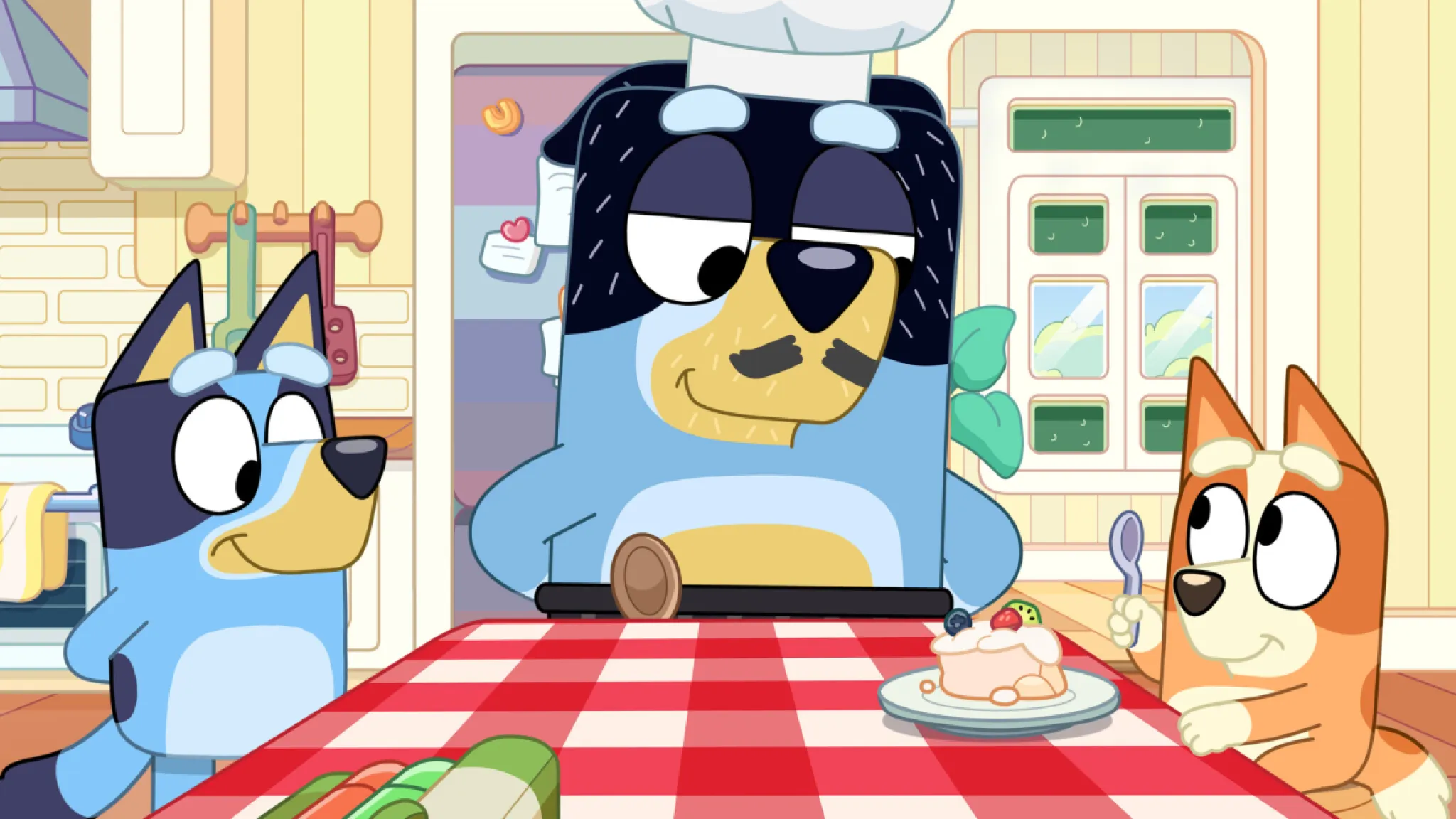
“Fancy Restaurant” points to an interesting aspect of children’s programming. We’ve come to expect all kids’ shows to have an educational component to them—whether that component is academic, or modeling softer skills like processing hard feelings or resolving conflicts. It’s hard for us to accept children’s media that just spins a good yarn.
Plus, parents are so inundated with “advice” (much of which is actually lecturing, hand-wringing, and straight up shaming) that we start to see everything as an indictment of our parenting skills. If Chilli can power through her headache and jump around like a whale, why can’t we? If Bandit is willing to tear up his stomach lining just to stoke his daughter’s fragile ego, why won’t we do the same? Don’t we love our kids? Why’d we have kids in the first place, if we’re not willing to—and this is an actual, honest-to-god quote from one of my relatives—”give ourselves over to them completely?”
Bluey has a subversive streak, though, that makes me wonder if Bandit and Chilli’s flaws aren’t at least a little bit intentional. In “Whale Watching,” for instance, Chilli tells Bluey that the whale needs to be fed before it can perform, and scores some chips and a soda when Bluey eagerly heads to the kitchen to comply. Throughout the whole episode, Chilli and Bandit try to foist the kids off on each other, quietly scoring points whenever each of them wins a few seconds of peace (or a chance to see the other get tormented). And in “Fancy Restaurant,” a large part of the reason Bandit eats the gross food is to show Chilli how romantic he can be. (It, uh, makes more sense when you watch the whole thing.)
Maybe what parents are reading as a morality tale is actually just wish fulfillment for our kids. Maybe it’s okay for us to tell our kids that we’re simply not going to play with them the way Bandit and Chilli do. Our kids can enjoy the fantasy of parents pretending to be taxi riders and whales, while we chuckle at Bandit and Chilli’s foibles.
Do I wish that Bandit and Chilli set better boundaries? Yeah, I do. But more than that, I wish our culture didn’t train parents to hold ourselves to such ridiculous standards in the first place.
(featured image: Disney+)



